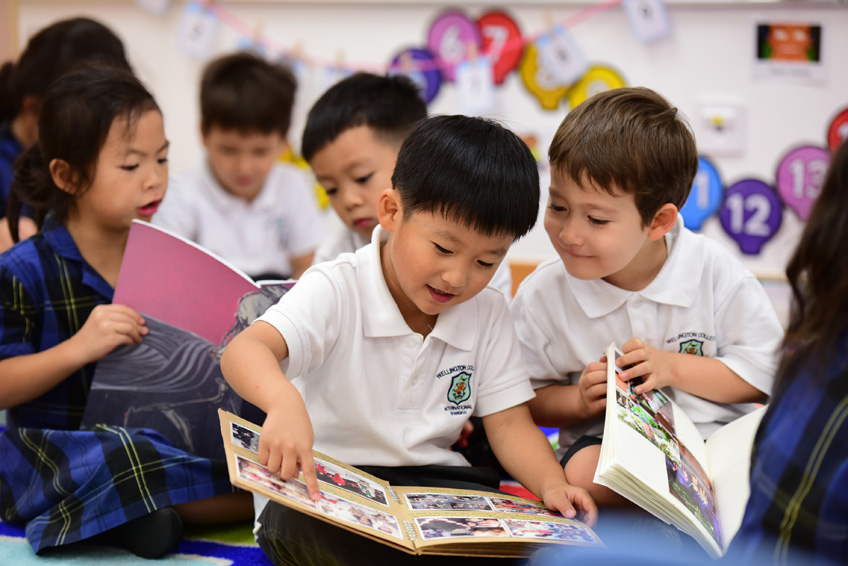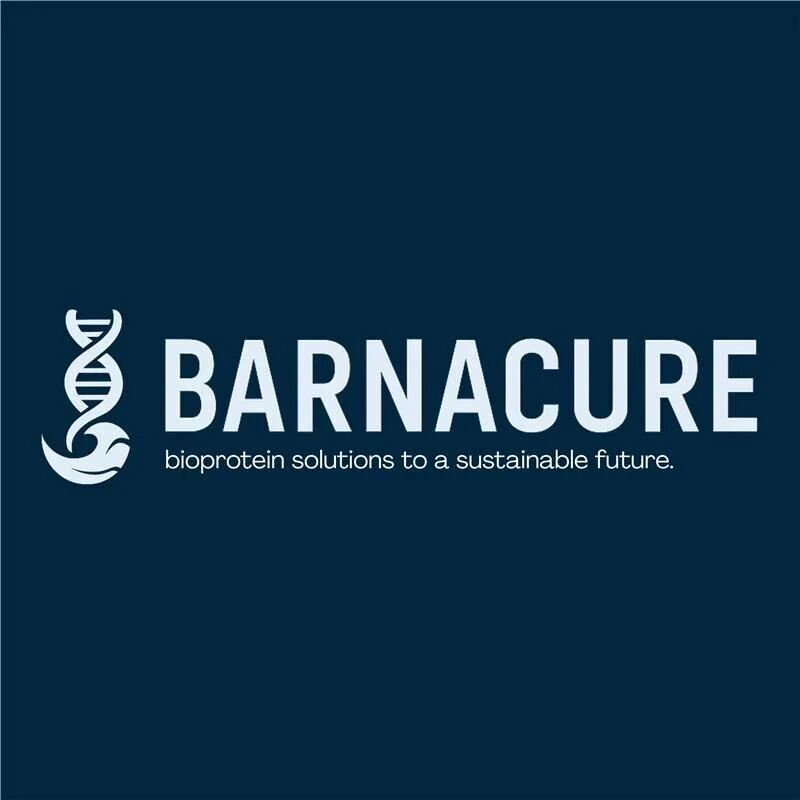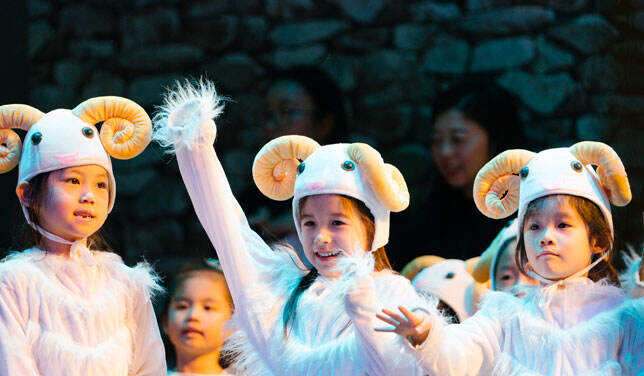How to prepare your child for primary education
2016-11-17
 When children move from Reception into Year 1 it marks an important transition period in their education. I say period, as this transition must take place over time. For our children it is not simply the day they begin in Year 1. Towards the end of Reception children are already being introduced to routines and expectations that will be part of their Year 1 experience. This includes longer carpet sessions and more sustained periods of writing. We also have the introduction of CCAs that expose the children to a longer day and the skills associated with co-curricular activities.
A core difference between Reception and Year 1 is the curriculum, as they move from the Early Year Foundation Stage to the English National Curriculum in maths and literacy. The structure of the latter is quite different. They change from a play-based learning approach to more formal learning with continuous provision. Continuous provision is a key element of Year 1. It allows children to continue to play and explore independently in the classroom but they do so with greater structure. Role play, sand, water and construction all remain but teachers clearly define what is to be learnt in these areas, so moving away from the child-led approach in Early Years. A Year 1 classroom should have obvious elements of a Reception classroom, especially in the first term. These should become less defined as the year progresses.
Expectations in Year 1 remain high across the curriculum. Children will now have separate phonics and literacy sessions tailored to their prior learning. This reflects the amount of reading and writing the children need to undertake daily. Daily maths lessons are also longer in Year 1. All others subjects are taught through the International Primary Curriculum (IPC). Children are expected to be independent in their preparation for the day and not wait to be instructed at every stage. At home, reading continues to be the most important daily activity. However, children will also get weekly homework in both phonics and maths.
Assessment for Year 1 also looks a little different from the Early Years, though reporting levels remain the same. Children are continually assessed against end of year objectives (where they should be by the end of Year 1 in reading, writing and maths). Unlike Early Years they cannot be assessed against objectives from the years above or below, though we are mindful of this when assessing higher or lower ability children. They also have workbooks for individual subjects.
It is worth mentioning that some children do find this transition period challenging. The children themselves are aware that this is an important change in their lives. In the first few weeks some can find it an emotional time or struggle with new routines and increasing independence. It is important to remember that with any new beginnings such feelings and behaviour are not unusual and do not last a long time. If you are worried about your child in this period please speak with the class teacher as they can offer advice and support where needed. Finally if you have any other questions about your child’s transition into Year 1, please do not hesitate to ask.
Emma Button
Head of Pre-Prep
When children move from Reception into Year 1 it marks an important transition period in their education. I say period, as this transition must take place over time. For our children it is not simply the day they begin in Year 1. Towards the end of Reception children are already being introduced to routines and expectations that will be part of their Year 1 experience. This includes longer carpet sessions and more sustained periods of writing. We also have the introduction of CCAs that expose the children to a longer day and the skills associated with co-curricular activities.
A core difference between Reception and Year 1 is the curriculum, as they move from the Early Year Foundation Stage to the English National Curriculum in maths and literacy. The structure of the latter is quite different. They change from a play-based learning approach to more formal learning with continuous provision. Continuous provision is a key element of Year 1. It allows children to continue to play and explore independently in the classroom but they do so with greater structure. Role play, sand, water and construction all remain but teachers clearly define what is to be learnt in these areas, so moving away from the child-led approach in Early Years. A Year 1 classroom should have obvious elements of a Reception classroom, especially in the first term. These should become less defined as the year progresses.
Expectations in Year 1 remain high across the curriculum. Children will now have separate phonics and literacy sessions tailored to their prior learning. This reflects the amount of reading and writing the children need to undertake daily. Daily maths lessons are also longer in Year 1. All others subjects are taught through the International Primary Curriculum (IPC). Children are expected to be independent in their preparation for the day and not wait to be instructed at every stage. At home, reading continues to be the most important daily activity. However, children will also get weekly homework in both phonics and maths.
Assessment for Year 1 also looks a little different from the Early Years, though reporting levels remain the same. Children are continually assessed against end of year objectives (where they should be by the end of Year 1 in reading, writing and maths). Unlike Early Years they cannot be assessed against objectives from the years above or below, though we are mindful of this when assessing higher or lower ability children. They also have workbooks for individual subjects.
It is worth mentioning that some children do find this transition period challenging. The children themselves are aware that this is an important change in their lives. In the first few weeks some can find it an emotional time or struggle with new routines and increasing independence. It is important to remember that with any new beginnings such feelings and behaviour are not unusual and do not last a long time. If you are worried about your child in this period please speak with the class teacher as they can offer advice and support where needed. Finally if you have any other questions about your child’s transition into Year 1, please do not hesitate to ask.
Emma Button
Head of Pre-Prep 相关资讯

What is iGEM and our project, Barnacure?2025-10-09
iGEM Competition & Barnacure Team Members Team Illustration by Joanna, Year 11Article written Jing Jing, Year 11Primary Principal Investigator: Thomas Edwards, Head of Biology & Head of Science What
点击阅读

Be You. Be More. | Jay的艺术生长之路2025-12-03
从三四岁在纸上随意涂鸦,到如今在近两米高的画布上纵情挥洒颜料,12年级学生Jay的艺术之路,是一次伴随着思考、尝试与自我突破的成长过程。 点击观看惠灵顿艺术资优生Jay的故事小时候的涂鸦画作 十岁那年,Jay走进一家专业画室,第一次面对大幅画布时,他感受到前所未有的自由:“画布很大,能承载很多想象。” 从纸上的铅笔、圆珠笔,到画布上的丙烯颜料,材料的转变带来了表达的跃迁——调色、叠加、实验,绘画
点击阅读

共筑美好:FOW SPACE 盛大启幕,惠灵顿之友的十年献礼2025-06-10
Felix Zhang惠灵顿之友家长协会主席 "惠灵顿之友"社区的力量再次让我倍感振奋!在全体惠灵顿社区的支持下,FOW SPACE数月来通过丰富多彩的活动、讲座和深度交流,为无数家长、家庭和朋友们搭建了温暖的互动平台! 这个充满活力的空间,源于去年六月惠灵顿之友核心委员会(FOW Core Committee)晚宴上的一次灵感碰撞。如今,它承载着我们对社区中心的共同愿景,成为惠灵顿之友和学校献
点击阅读










